Keywords: Publication
There are more than 200 results, only the first 200 are displayed here.
-
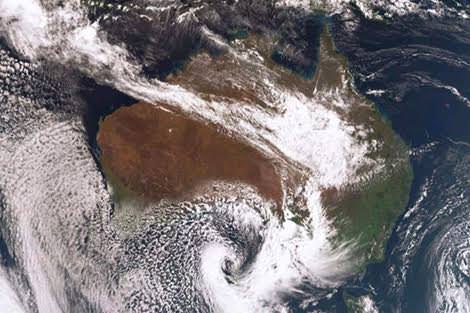
ENVIRONMENT
- Greg Foyster
- 21 October 2016
10 Comments
On 28 September an extreme storm lashed South Australia and the entire state lost power. How could this have happened? It's a question that has occupied the country for the last three weeks as politicians and commentators have peddled their unqualified opinions in an escalating culture war about the role of renewable energy. No one really knew what had happened until Wednesday this week, when the AEMO released its updated report. Even now, there are more questions than answers.
READ MORE 
-
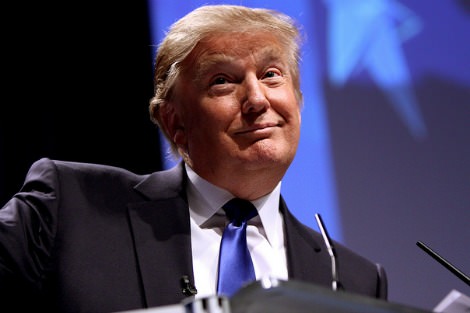
AUSTRALIA
- Fatima Measham
- 16 October 2016
12 Comments
Much has been made about how Republicans benefited from the 'birther' campaign and the Tea Party. It suited them to have proxies undermine the executive branch. In other words, the political right only has itself to blame for the nihilism which now engulfs it - and potentially, the nation. But the failures of the left also bear examination. While Clinton's current lead cannot be attributed entirely to her virtues, the polling gap between her and Trump should have been much wider, earlier.
READ MORE 
-

RELIGION
- Frank Brennan
- 23 September 2016
18 Comments
'No good will be served by a royal commission auspiced by the state telling a Church how it judges or complies with its theological doctrines and distinctive moral teachings. By all means, set universal standards of practice expected of all institutions dealing with children, but do not trespass on the holy ground of religious belief and practice.' Fr Frank Brennan SJ addresses the Freedom for Faith Conference in Melbourne, 23 September 2016.
READ MORE
-

AUSTRALIA
- Samuel Dariol
- 21 September 2016
10 Comments
In the last week Turnbull has lauded, as the world's best refugee policy, a system that has resettled no refugees over three years. Dutton has stated that asylum seekers will continue to be processed in Nauru for decades, and described the Australian policy, of which detention on Nauru is part, as compassionate and effective. These comments follow recent reports by NGOs Save the Children and UNICEF, as well as the Australian Human Rights Commission, on offshore detention. Both urge an end to it.
READ MORE 
-
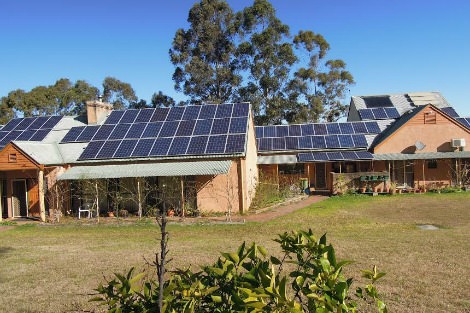
ENVIRONMENT
- Thea Ormerod
- 09 September 2016
10 Comments
With the grip of climate change tightening, few seem to understand the urgency of the crisis. This is why the announcement of over 3500 churches in the UK switching to clean power is so significant. At last, a solution presented by religious communities that matches the scale of the problem. They are providing the kind of leadership for the needed transition to an ecologically sustainable future. Unfortunately, one reason why it is so exciting is that we're nowhere near this in Australia.
READ MORE 
-
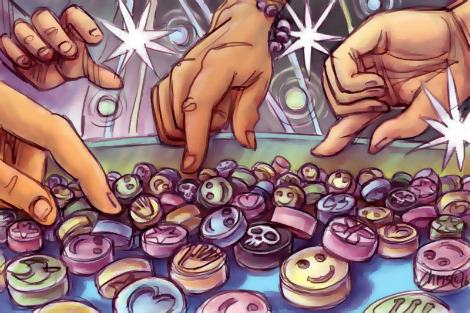
AUSTRALIA
- Susie Garrard
- 29 August 2016
8 Comments
As tickets go on sale for this year's round of music festivals - Falls, Defqon, Bluefest, Lost Paradise, to name a few - organisers still have no means to counteract unsafe drug use. Recent years have seen an increase in drug related injuries and fatalities at festivals. The debate as to how to counteract this worrying trend is ongoing, and tricky to navigate due its subjective nature. Yet when zero tolerance policies clearly haven't worked, it's time to turn to harm minimisation measures.
READ MORE 
-
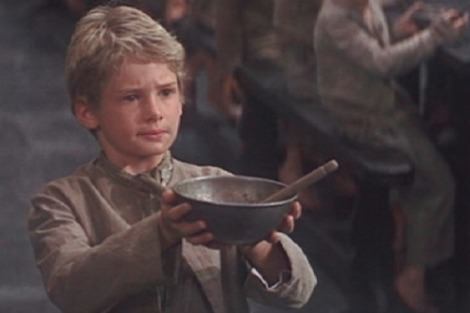
AUSTRALIA
- Kate Galloway
- 26 August 2016
15 Comments
Oliver Twist is still used to aid understanding of the trauma arising from poverty, and the suffering of children at the hands of individuals and within institutional settings. In broader Australian society we assume Dickensian attitudes to children have evolved. Aligned with the sentiments behind child protection, society's image of children and childhood is idyllic. Yet beneath this veneer lies a substratum of deeply ambivalent, even malevolent, attitudes towards children with a distinctly Dickensian flavour.
READ MORE 
-
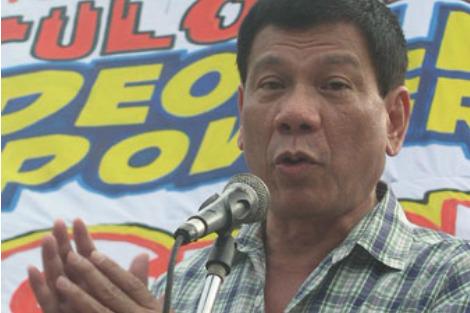
INTERNATIONAL
- Fatima Measham
- 18 August 2016
13 Comments
I fret more than ever for friends and family in the Philippines. If life is so expendable, who can be safe? What if my brother-in-law is mistakenly identified as a drug 'pusher'? What if my dad goes to a cockfight and armed vigilantes do a drive-by? It is disheartening that many Filipinos seem to approve of Duterte's methods. This is the purge many had wanted. They see the current campaign as a necessary, painful transition to better things. They are wrong. Nothing personal, just history.
READ MORE 
-
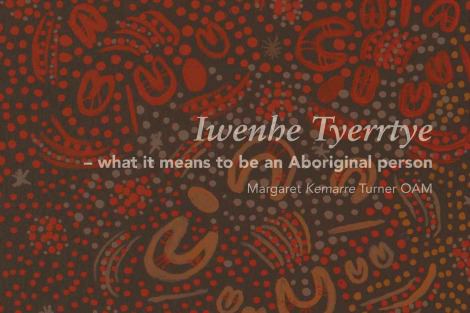
AUSTRALIA
- Mike Bowden
- 10 August 2016
11 Comments
MK rang me after the 4 Corners program on the treatment of children at Don Dale. In western lingo we talk about a 'duty of care', but for my friend MK and the Arrernte people it is more fundamental than that. They talk abou arntanrte-aremele, which means looking after, holding, nurturing or caring for. Altyerre teaches that we must care for everybody, even the people who do wrong. And 'looking after' the children is the primary role of life. This is not about western, whitefella law, it just how it is.
READ MORE 
-

ARTS AND CULTURE
- Tim Kroenert
- 05 August 2016
The interviewees regard Vertigo with awe, waxing lyrical about its psychosexual subtext; but not a word is said about the inherent misogyny of a film that is explicitly about a man's objectification of a woman. The film's most interesting segment however concerns the pre-eminence of guilt in Hitchcock's films, and the role it plays in shaping human activity. This, says Martin Scorsese (a filmmaker similarly preoccupied with guilt and sin), may define Hitchcock as an essentially Catholic filmmaker.
READ MORE 
-

AUSTRALIA
- Julie Kimber
- 27 July 2016
13 Comments
The 4 Corners report into the treatment of children in a NT juvenile justice facility is a stark and grotesque demonstration of state abuse of power. As a result John Elferink, NT Corrections Minister, has been sacked, and the Prime Minister has announced a royal commission into the actions at Don Dale. This is a good start, but there is much more to be done. We need to question a culture that willingly imprisons the most vulnerable, and puts up with a system where not all are equal before the law.
READ MORE 
-

RELIGION
- Frank Brennan
- 02 May 2016
2 Comments
READ MORE